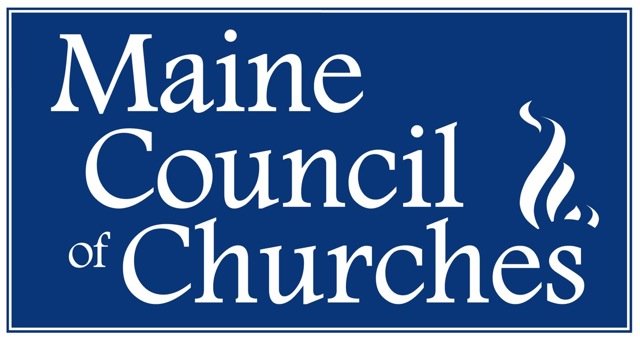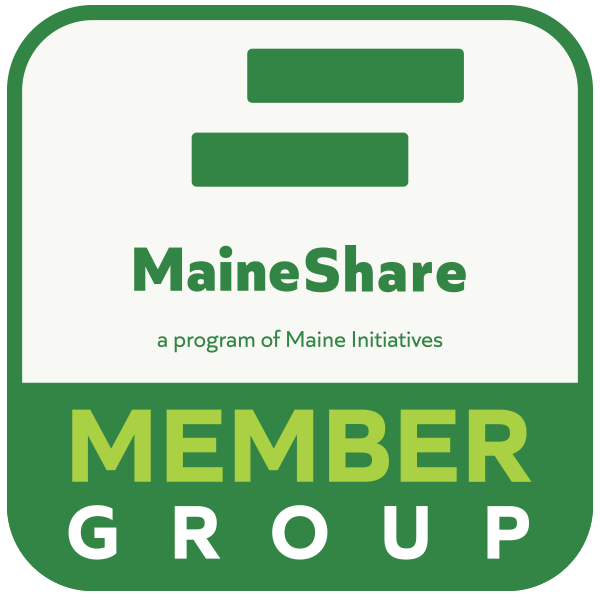MCC CONVENES WEBINAR FOR CHURCH-BASED SOCIAL SERVICES


On Tuesday, March 24, MCC hosted an online meeting for clergy and lay leaders of churches in Maine who run programs like food and essentials pantries, clothing closets, shelters, soup kitchens and community meals, all of whom are facing significant challenges in continuing to operate these vitally important services during the COVID-19 crisis. Some have needed to temporarily suspend operations, while others have shifted to alternatives like curbside pick-up or deliveries.
Meeting participants shared information about how the coronavirus emergency has impacted their work, what best practices they have found for meeting community needs while protecting the safety of guests, volunteers and staff, and what they needed to continue operating during these difficult days. Staff from Good Shepherd Food Bank, Preble Street and the Maine Council on Aging were on hand to answer questions and facilitate access to resources and information.
You can watch/listen to a recording of the meeting by clicking on this link:
MCC March 24 Webinar for Church-Based Social Services
WHAT DO THESE PROGRAMS NEED?
VOLUNTEERS
TO-GO PACKAGING
CASH DONATIONS
Many folks who regularly volunteer at these organizations are over the age of 60 and at high risk for serious complications if they contract COVID-19. Volunteering isn’t safe for them right now. Local pantries, food banks, soup kitchens, and meal providers need people from lower-risk populations to step forward and volunteer.
Because food is now being distributed on a “to-go” basis or by delivery, these programs need containers, bags and boxes. For safety reasons, it’s best if these supplies are unused or come straight from the manufacturers. Contact your local programs to find out how you can help them obtain supplies for packaging food and other essentials to go.
At a time when unemployment claims are on the rise, people are finding it harder to make ends meet, put food on their tables and buy essentials. That means demand at local pantries, soup kitchens and meal programs, as well as at regional food banks, is increasing every day this crisis continues. Meanwhile, as fear and anxiety are causing those with resources to hoard groceries, supermarkets have nothing left to donate to these programs. The fastest way we can all help these organizations meet increased demand and reduced supply is by sending financial support as quickly as possible.
We encourage Maine’s churches and people of faith to do all that they can to support their local pantries, soup kitchens and meal programs, and their regional food banks. Together, we can support those on the frontlines helping our neighbors in need.

